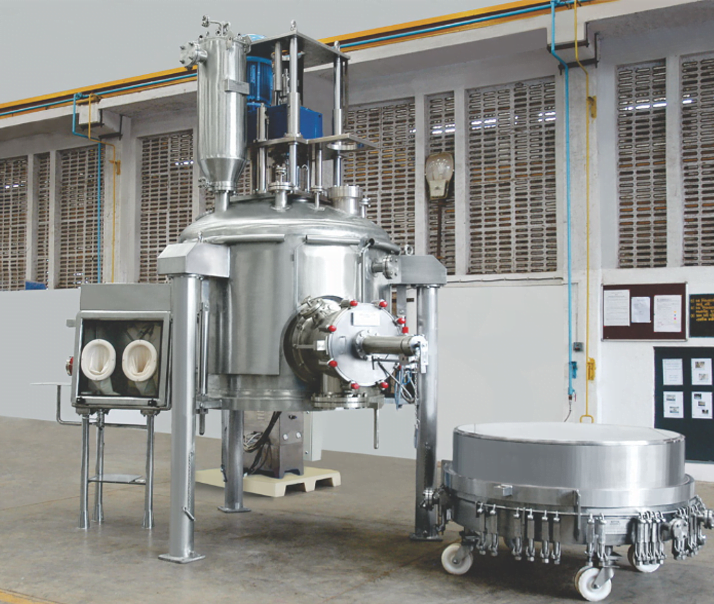3 Application of Mechanical Vapor Recompression
- marketing43782
- Dec 22, 2023
- 2 min read
Mechanical vapor recompression (MVR) is an energy recovery process that can be used to recycle waste and heat to improve efficiency. This innovative technology has the potential to bring about tremendous changes in important areas such as converting seawater into drinking water, saltmaking, and treating water waste.
This blog aims to discuss how the use of MVR evaporator machinery can make significant improvements in these applications.

Seawater Desalination
Seawater desalination is an effective and energy-efficient method of converting seawater into fresh water to address the current and future water crises. Mechanical Vapor Recompression Technology is an advanced approach that facilitates this optimistic goal. It works by compressing vapor, heating it up, and then cooling it down to release heat. This recovered heat is then utilized to turn seawater into vapor. It is interesting to note that the entire desalination process is resourceful and provides an effective means of reusing seawater, considering its widespread availability. With such technology, people can mitigate many water crises and ensure a more sustainable water supply.
Salt Making
The MVR evaporator method is one of the most prominent techniques for salt production, particularly in Europe. By employing MVR technology, establishments can address the challenge of soaring energy prices in the existing salt production method. The most effective approach to saving energy and realizing economic benefits is through efficient utilization of this technology, which is equipped with technical parameters such as heat balance, compression ratio, and effective temperature difference to monitor and optimize system performance.
Treating Waste Water
Different industries face problems with wastewater, but there are new and clever ways to deal with these issues that can benefit both the economy and the environment. One such approach is to use machinery like a mechanical vapour recompression evaporator. This method is used to recycle wastewater that has a lot of ammonium nitrate in it and turn it into fertilizer.
MVR technology is also effective in treating wastewater from large oil fields. It uses less power and doesn't rely on external sources of heat, which makes it a compact and efficient solution. Using a double-effect MVR evaporator is a good way to treat wastewater that has a high concentration of ammonium sulfate. This method optimizes power consumption and helps get rid of the harmful substances.
The Bottom Line
The versatile applications of MVR evaporators hold immense potential to bring about transformative changes in various industries. These innovative technologies not only have the capacity to address a multitude of issues but also pave the way for a more sustainable and efficient future. Therefore, get in touch with manufacturers like Thermosag, who have empowered industries across the globe with efficient and sustainable operations.



Comments